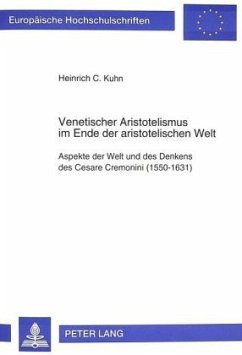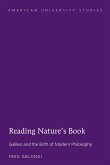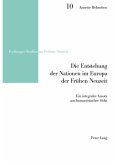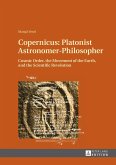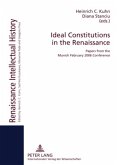Cesare Cremonini, lange Jahre Philosophieprofessor an der Universität Padua, ist heute primär als derjenige bekannt, der sich weigerte, durch Galileis Fernrohr zu blicken. Die Arbeit untersucht Cremoninis Umfeld, sein Leben und sein Denken. Die wohlbegründete und nachvollziehbare Rationalität der Philosophie Cremoninis wird anhand der Untersuchung exemplarischer Themen seiner Naturphilosophie aufgezeigt. Es folgen Kapitel zum universitären Aristotelismus nach Cremonini, zum Gegensatz von "alter" und "neuer" Wissenschaft von der Natur, und zu dem, was Philosophiegeschichtsschreibung leisten kann und soll. Editionen von Texten Cremoninis und von Archivalien sowie ein ausführliches Verzeichnis der Werke Cremoninis und eine Bibliographie schließen die Arbeit ab.
"Kuhn's historical research is based on an impressive array of archival, manuscript, and printed sources which he has utilized both prudently and well...His style of writing is engaging: he is able to present and explain difficult material in an interesting manner which can be understood by educated laypeople. This monograph is a very fine contribution to the history of philosophy, the history of science, the history of universities, and the history of the University of Padua." (Joseph S. Freedman, Sixteenth Century Journal)
"...Heinrich Kuhn has written an imposing new work on this figure whom history remembers as a staunch defender of the Aristotelian world view." (Antonino Poppi, JSJS)
"...Heinrich Kuhn has written an imposing new work on this figure whom history remembers as a staunch defender of the Aristotelian world view." (Antonino Poppi, JSJS)

